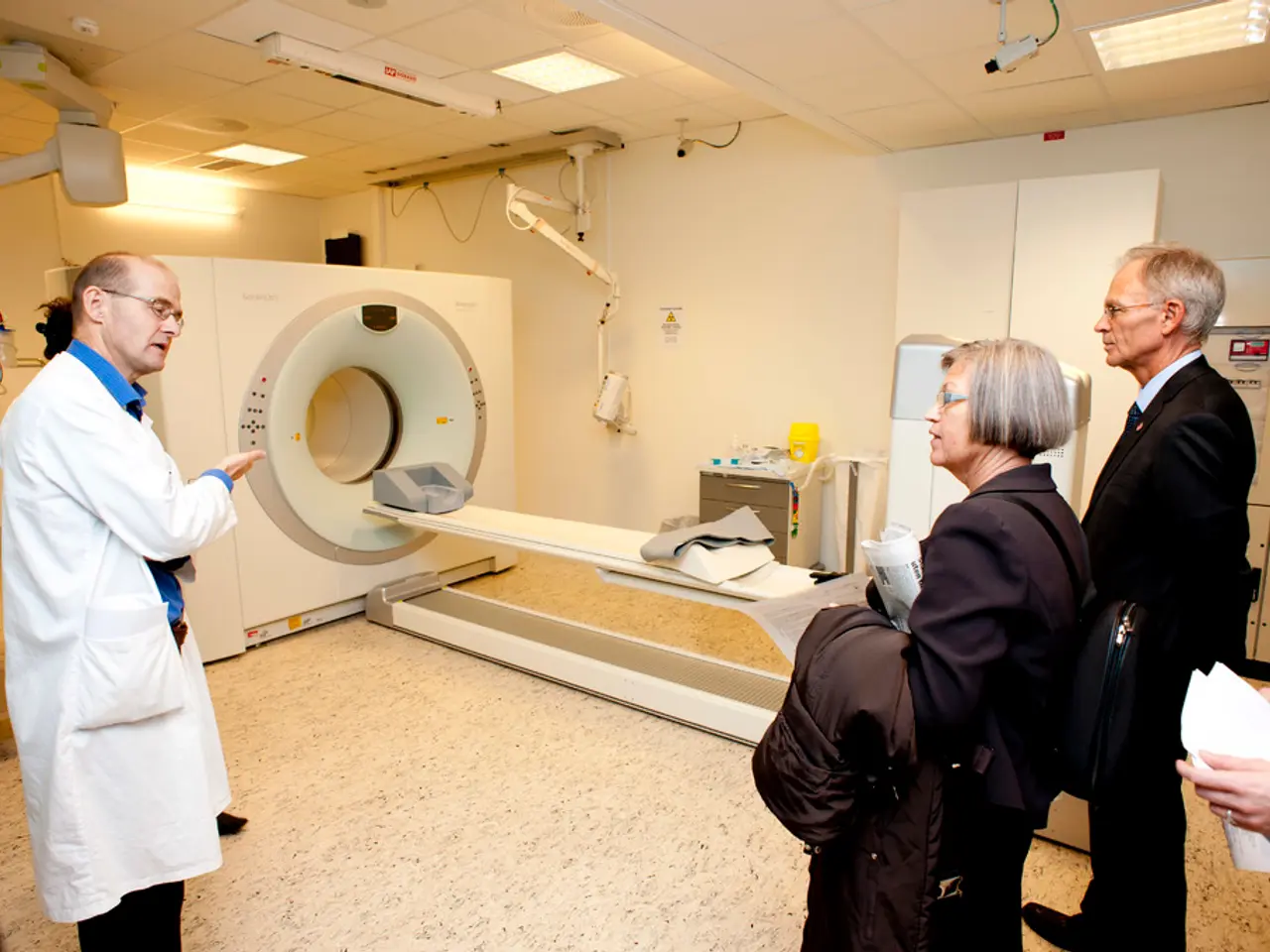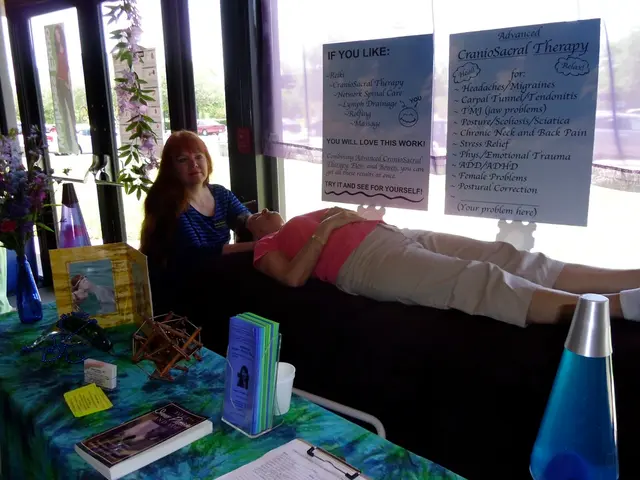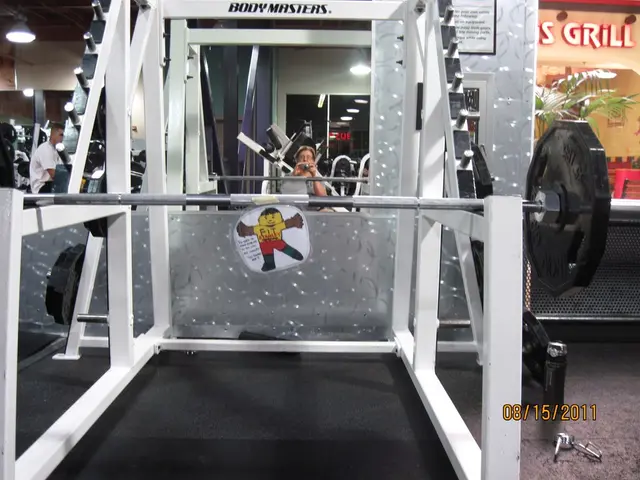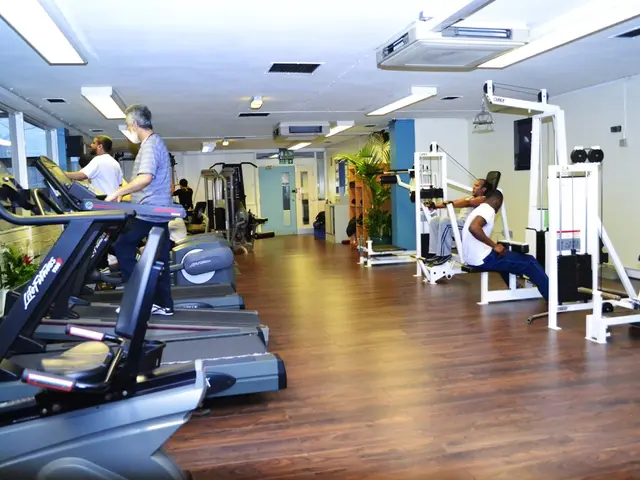ChatGPT's medical decisions are not trusted by Sam Altman without the involvement of a physician - "I might be old-fashioned in this regard"
In a series of recent public appearances, OpenAI CEO Sam Altman has raised concerns about the impact of artificial intelligence (AI) on the workforce and healthcare.
At the Capital Framework for Large Banks conference and The Federal Reserve's conference, Altman predicted that AI will cause significant job displacement, with some entire job classes disappearing, particularly customer service roles. He believes that AI tools will augment human roles, creating economic shifts, but traditional jobs may fade by 2030.
In the realm of customer service, Altman stated that jobs might "totally, totally disappear" as AI automates repetitive and structured tasks. However, he also acknowledged that AI customer service bots are quick, do not make mistakes, and provide immediate responses, making them capable of performing tasks that any customer support agent could do.
Regarding healthcare, Altman acknowledged AI's growing diagnostic capabilities. He noted that AI, such as ChatGPT, can sometimes diagnose better than doctors. However, he emphasized that AI should not be fully trusted with medical decision-making without human oversight. Altman prefers a human doctor over an AI-powered tool for healthcare, citing his own reservations about relying on AI for critical healthcare decisions.
Altman's comments come after he acknowledged that ChatGPT can give great advice like any human therapist. Yet, he believes that AI should not be trusted too much, despite its capabilities. He expressed concern about Gen Z's emotional overreliance on AI for decision-making and warned against collectively living our lives the way AI tells us, stating that it feels bad and dangerous.
A study by Microsoft researchers suggests that overreliance on AI tools like ChatGPT and Copilot could lead to the deterioration of cognitive faculties. Meanwhile, Microsoft recently launched an AI medical tool that is 4x more accurate and 20% cheaper than human doctors. However, privacy and security are also concerns associated with the ever-evolving technology.
AI tools can advise users against seeking medical attention if their query includes typos, according to a separate study. This raises questions about the role of AI in healthcare and the need for human oversight. Altman emphasized that no one knows the exact impact of generative AI on the job market, but he expects a major economic and employment transformation driven by AI technology.
In summary, Altman's comments underscore the potential benefits and challenges posed by AI. While AI can enhance diagnostics and automate customer service tasks, it also raises concerns about job displacement, healthcare decision-making, and the potential deterioration of cognitive faculties due to overreliance on AI tools. As AI continues to advance, it is crucial to strike a balance between leveraging its capabilities and ensuring human oversight and judgement in critical areas.
- Sam Altman, the CEO of OpenAI, has suggested that AI tools like Microsoft's Copilot could potentially deteriorate cognitive faculties.
- In the health sector, AI, such as Microsoft's AI medical tool, is claimed to be 4x more accurate and 20% cheaper than human doctors, but privacy and security are ongoing concerns.
- Altman, discussing AI in healthcare, believes that while AI, like ChatGPT, can sometimes diagnose better than doctors, it should not be solely trusted with medical decision-making.
- In the realm of customer service, Altman forecasts that AI will automate repetitive tasks, potentially leading to job displacement, particularly in customer service roles.
- Beyond healthcare, Altman has raised concerns about Gen Z's emotional overreliance on AI, warning against collectively living our lives based on AI's advice, citing feelings of discomfort and danger.
- At the Capital Framework for Large Banks conference and The Federal Reserve's conference, Altman predicted that AI will cause significant job displacement, with entire job classes disappearing, potentially by 2030.




